-
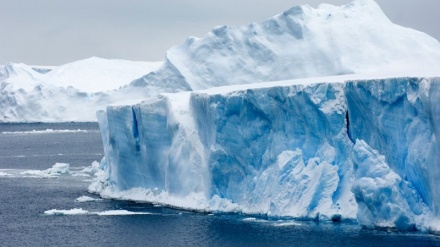
Scientists warn 4°c world would unleash 'unimaginable amounts of water' as ice shelves collapse
Apr 11, 2021 08:31A study published in the journal Geophysical Research Letters, found that over a third of the area of all Antarctic ice shelves—including 67% of area on the Antarctic Peninsula—could be at risk of collapsing if global temperatures soar to 4°C above pre-industrial levels.
-
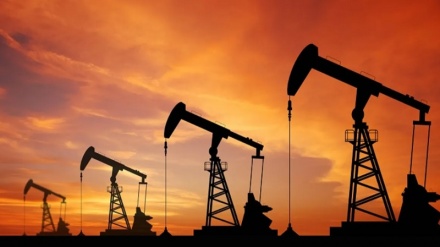
60 largest banks have dumped $3.8 trillion into fossil fuels since 2015, report shows
Mar 31, 2021 16:01A detailed new report released recently by a coalition of environmental groups shows that the 60 largest banks in the world have poured more than $3.8 trillion into the fossil fuel industry since the Paris climate accord was adopted in 2015, providing key financing for destructive projects ranging from coal-fueled power plants in Indonesia to Enbridge's Line 3 tar sands pipeline.
-
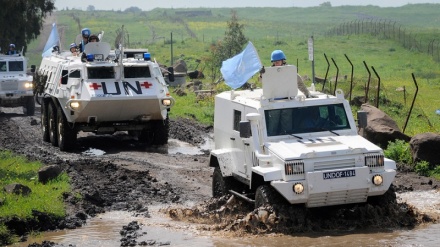
Peace-building suffers during pandemic obsession
Mar 17, 2021 14:15Evidence suggests that committed foreign aid being redirected from peace-building programs into efforts to deal with COVID-19 is likely to have even more of an impact on the ground than a decrease in foreign aid. A further reduction in funding and troops for UN peacekeeping missions is also likely.
-

Experts warn of protracted pandemic amid ‘vaccine apartheid’
Mar 17, 2021 14:11The US has been criticized for purchasing 200 million more COVID-19 vaccines for its own citizens and pushing poorer countries and vulnerable populations to the back of the queue, while experts estimate that low-income countries will experience wide access after 2022.
-
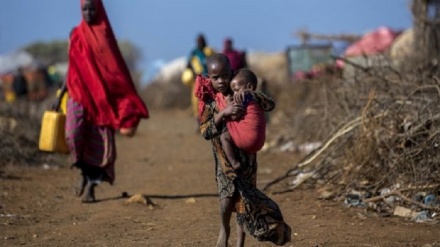
Social inequality and climate breakdown
Mar 08, 2021 10:18Although the world’s poorest populations are often least responsible for climate change, they primarily suffer the worst consequences of its effects – from streams drying up to an increasingly insecure food supply – and have the fewest tools and resources to address it.
-
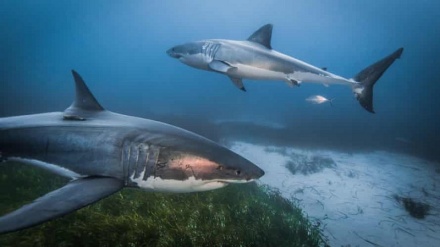
Study finds sharks can help marine ecosystems survive effects of climate change
Mar 03, 2021 15:16The researchers say sharks eat grazing animals that feed on aquatic plants like seagrass — which helps maintain water clarity, stores carbon dioxide and houses fish and other organisms that can keep seas healthy.
-

Using deep-sea fiber optic cables to detect earthquakes
Mar 01, 2021 16:18Seismologists at Caltech working with optics experts at Google have developed a method to use existing underwater telecommunication cables to detect earthquakes. The technique could lead to improved earthquake and tsunami warning systems around the world.
-
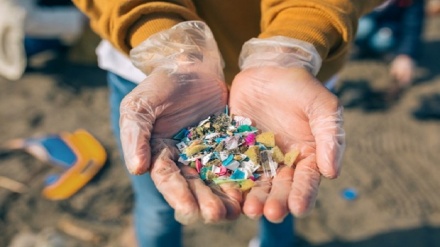
We need urgent research to know what microplastics are doing to us. Here's why?
Feb 28, 2021 10:34In light of staggering accumulation of plastic particles in all environments on Earth, as well as concerning signs from animal toxicology studies, ecotoxicologists are calling for urgent investigations into the effects of microplastics on human health. This echoes calls from the World Health Organization (WHO) back in 2019.
-

Pandemic may have left 265 million people with acute food shortages in 2020
Feb 26, 2021 09:41According to a United Nations World Food Program (WFP) report, COVID-19 might have left up to 265 million people with acute food shortages in 2020.
-
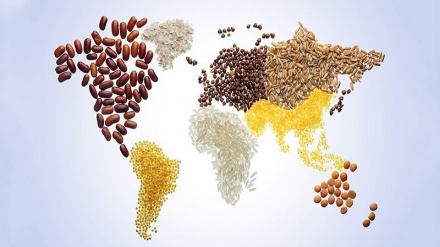
2020 Global Food Security Index shows overall decline in food security
Feb 25, 2021 16:03The Economist Intelligence Unit (EIU) released on Tuesday Feb. 23 the ninth annual Global Food Security Index (GFSI) sponsored by Corteva, which measures the underlying drivers of food security in 113 countries, based on the factors of affordability, availability, quality and safety, and natural resources and resilience.